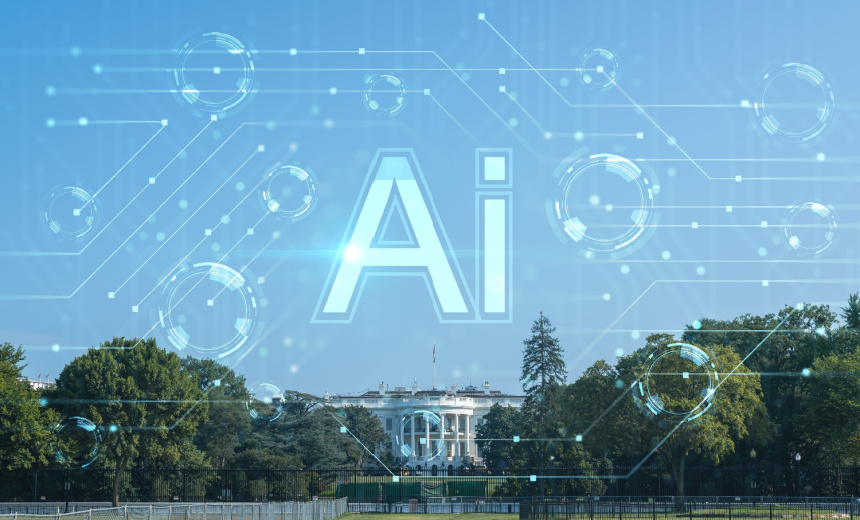White House Kick Off School Year With AI Education Efforts, Public-Private Collabs

The White House is rolling out its Presidential Artificial Intelligence Challenge with new commitments to further expand the use of AI in education just as the school year begins – and as the Federal Trade Commission readies a probe into whether popular AI chatbots are harming children’s mental health.
See Also: OnDemand | Transform API Security with Unmatched Discovery and Defense
U.S. President Donald Trump hosted several big tech leaders Thursday night “for discussions centered on harnessing [AI] to propel the U.S. to the forefront of global innovation,” according to a press release the White House published Friday. The meeting followed the second White House Task Force on AI Education summit, where First Lady Melania Trump announced a series of commitments to help further the administration’s AI challenge, including forthcoming toolkits, webinars, classroom guides and agency action items to increase the implementation of AI training materials and tools in K-12 schools nationwide.
Education Secretary Linda McMahon said during the meeting the agency is “fully aligned with the Presidential AI Challenge” and “encouraging students and educators to explore AI technologies with curiosity and with creativity.” Experts have also warned the federal push to rapidly deploy AI tools across American classrooms could come with cybersecurity vulnerabilities, privacy risks and potential harm to minors (see: Trump Wants AI in Classrooms. Where Are the Safeguards?).
Initiatives to further AI in education include billion-dollar commitments from companies like Alphabet and million-dollar agreements with IBM – both of which had their CEOs at the education summit. Labor Secretary Lori Chavez-DeRemer said that her agency is in the process of building new private sector partnerships to expand access to AI education and training materials nationwide. Google CEO Sundar Pichai said efforts are designed “in the service of helping the next generation to solve problems, fuel innovation and build an incredible future.”
Recent studies have shown AI tools and systems may have some positive benefits when introduced in the classroom but in their present form typically introduce major risks including the presence of inappropriate and harmful content. According to the Wall Street Journal, the FTC is preparing to send many of the top tech companies developing the leading AI tools that were present at the White House this week letters demanding information while investigating whether children’s mental health is impacted by the use of chatbots like OpenAI’s ChatGPT.
The White House Presidential AI Challenge invites U.S. students to complete a project that involves AI tools or systems to address community challenges, and encourages educators to use creative approaches to teaching and using AI technologies in K-12 education. Trump signed executive orders in April encouraging public-privte partnerships to expand AI in K-12 education, establishing the Presidential AI challenge and directing agencies to work with leading AI organizations in creating new resources specifically for K-12 education.
OpenAI has announced plans to create accounts for teens with parental controls amid lawsuits against AI companies over teenage suicides from families alleging their children were adversely affected by their tools.
